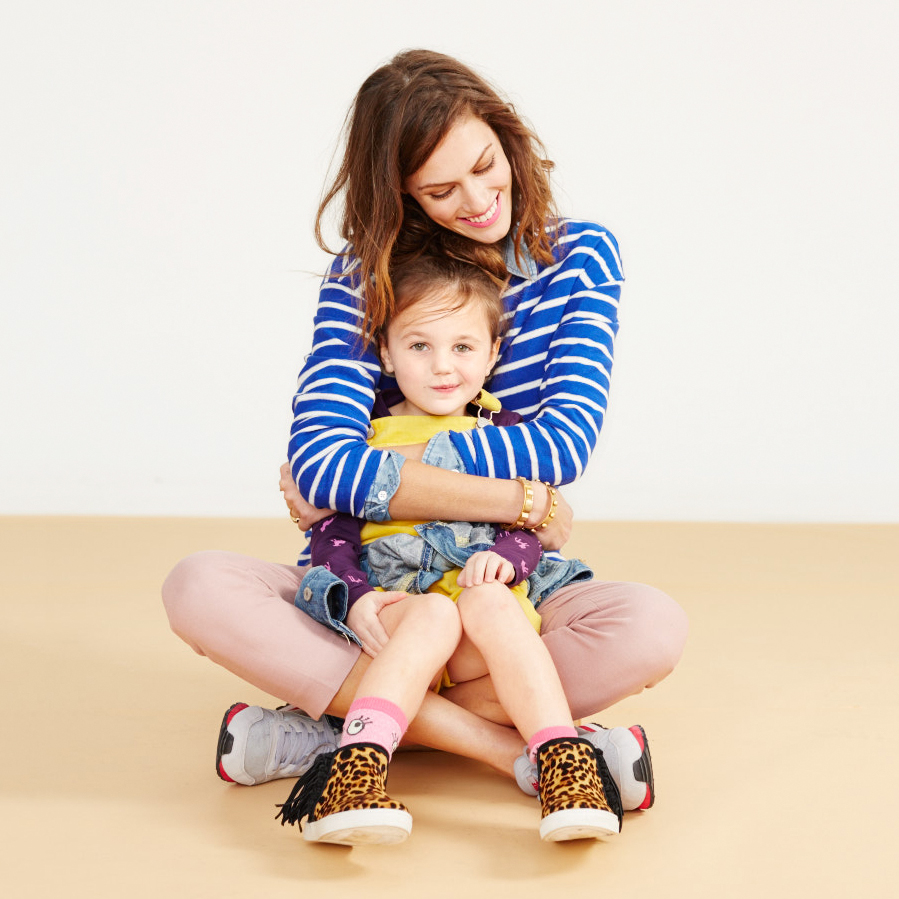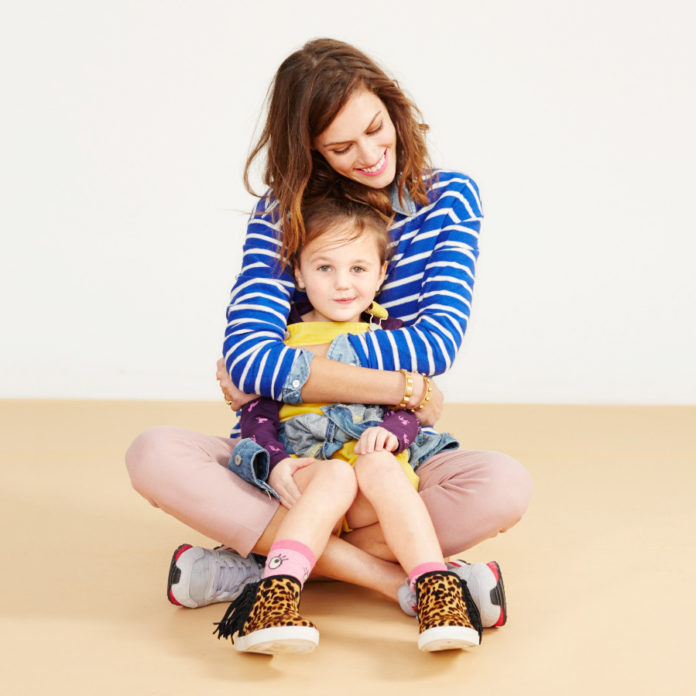
If you've ever been around a small child, you know they are excellent noticers, picking up on even minute aspects of their environment. They perceive when a person’s skin color differs from theirs or if someone is differently abled or a person of size. What they need help understanding, though, is how such factors can lead to differences in how people are treated.
Privilege is a word we’ve heard a lot lately—in books, on the news, in Instagram captions. As you no doubt know, it refers to the means by which people are granted advantages because of how they look, where they live, how much money they have, their religion, and more.
To those with privilege, it can be nearly invisible. Which is precisely why it needs to be discussed. The earlier you talk about the benefits that bias—be it homophobia, sexism, racism, or ableism—gives some and denies others, the better the chances of raising a child who wants to work to eliminate privilege. But even parents who see themselves as socially conscious may not know how to broach this subject.
“You may think that if parents are not expressing negative attitudes, kids will get the right messages, but children still pick up on societal attitudes and draw their own conclusions,” says Beverly Daniel Tatum, Ph.D., a psychologist and author of Why Are All the Black Kids Sitting Together in the Cafeteria? “If you want your kids to value justice, you have to shape that value through dialogue.”
Addressing privilege is an integral part of raising a kind child. “Helping kids think about what they have makes them think about what others don’t have, and awareness shapes prosocial behavior, or acting in a way that benefits others, which is basically what kindness is,” says Ellen Braaten, Ph.D., codirector of the Clay Center for Young Healthy Minds and associate professor of psychology at Harvard Medical School.
Studies also indicate that if children realize they’re getting a bigger piece of the pie, they not only tend to share but also inspire others to follow suit. “When one person acts in a prosocial way, others do too,” says Dr. Braaten. “Not out of pity, but because they’re concerned about someone else’s rights and feelings.” Here’s how to get the privilege conversation started.
For Preschoolers
“A 3-year-old understands fairness and unfairness,” says Dr. Tatum. “You can say, ‘Privilege means you’re getting more goodies because you have light skin or you’re a boy. And sometimes people with privilege get to avoid bad things that happen to others, like being treated harshly by the police. That’s wrong.’” To provoke their sense of justice, ask your child how they would feel if, say, you told them they couldn’t have dessert because they have dimples but gave their sibling ice cream because they don’t.
The main lesson is that if someone has privileges others don’t, it’s their job to help level things out by sticking up for people without privilege. Start by seizing on teachable moments when your kids respond to differences they see. Though it’s natural to want to shush them, doing so can reinforce that “there’s something bad about noticing difference, and this is where stereotypes begin,” says Derald Wing Sue, Ph.D., professor of psychology and education at Teachers College, Columbia University, and author of Race Talk and the Conspiracy of Silence. If your preschooler calls out someone’s skin color or small stature, try saying, “People come in all different shades, shapes, and sizes. Isn’t that wonderful?” Diversifying their bookshelf, toy chest, and your own social circle also helps.
For Elementary-Schoolers
Help your child pick out real-world examples of privilege. If you go to the toy store and almost all the dolls are white, or you read a book together in which boys go on epic quests while girls stay in a castle pining for their return, say what’s at play: Someone in this scenario has an unfair advantage over the other, and it’s not right.
Also, introduce historical books that celebrate abolitionists and allies—people who were not persecuted but fought for those who were. “In almost any situation, there is evidence of people using their position to help,” Dr. Tatum says. “That story needs to be visible to kids. If we talk only about racism and not resistance, there’s no model for how to be an ally.”
For Preteens
In this stage, it’s important that kids not only recognize any privilege they have but also step up when they see the world reinforce it. You need to be the one who shows them how. That could mean interrupting microagressions—which Dr. Sue describes as “the slights that even well-intentioned people make” toward marginalized people—with what he calls “microinterventions.” Say, speaking up at the family barbecue when a relative derides gay marriage. Or encouraging your kid to comfort a classmate who’s teased for wearing secondhand clothes and having a beat-up family car. Or asking whether they’d like to attend a school meeting with you to argue for hiring more teachers of color.
The Bottom Line
It is important to help a child see that whatever privileges they have were not earned, and so there is work to be done. Namely, they need to use their privilege to help those who don’t have it, whether by telling the principal if a student of color is mistreated by a teacher or asking a differently abled person if they’d like some help holding the door. Not every kid is a born activist, says Dr. Braaten, “but you do need to ask, ‘What do you want to do?’ It’s not OK to sit by. It’s a tough conversation, but this is the age to have it.”
This article originally appeared in Parents magazine's November 2020 issue as “Let’s Talk Privilege.” Want more from the magazine? Sign up for a monthly print subscription here
Parents magazine













